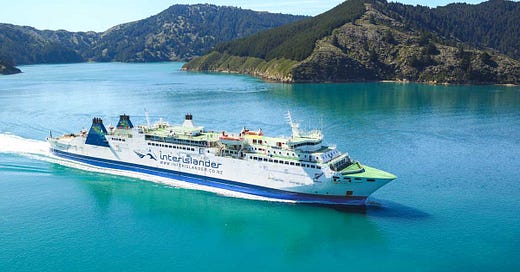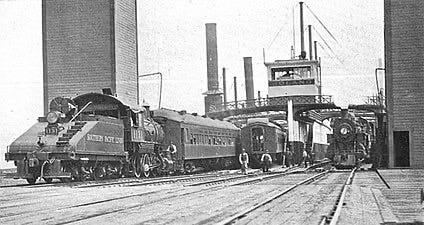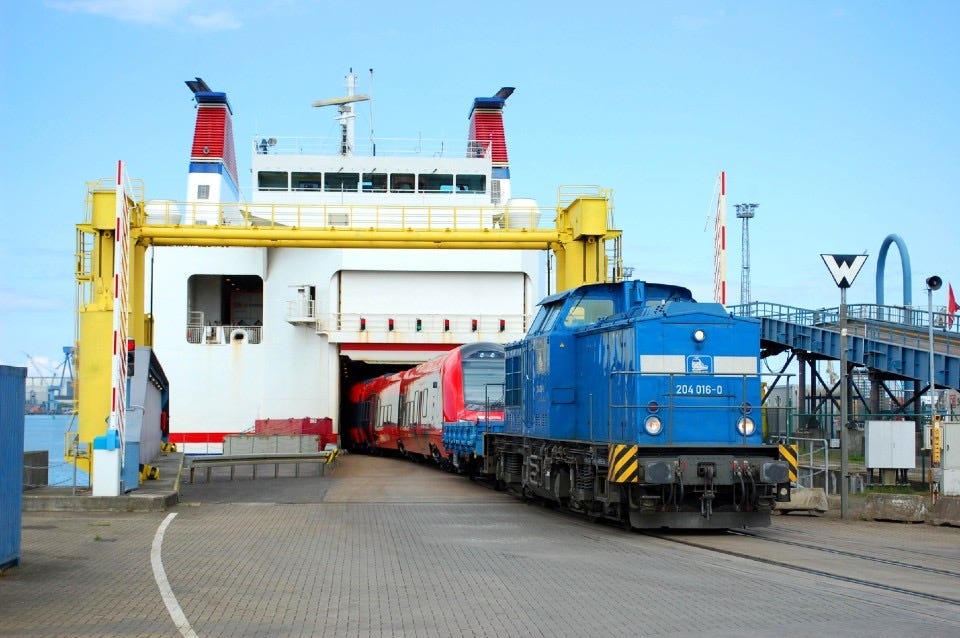When ACT, National, and New Zealand First joined together in a three-way coalition at the end of the last year, it was met with predictions of backstabbing, stonewalling, and inter-party politics. Many seemed convinced this government would get little done with such a diverse agenda. If only that had been the case; instead their interests overlapped so much they’re doing all of it, regardless of how sensible it seems or whether these coalition promises work together to make a functioning whole (like National’s cutting budgets while showering Seymour with money).
To critics’ delight, their relationship started out rocky when during negotiations. Winnie took off up the country, forcing Luxon and Seymour to follow hot on his heels to try and woo him back like a pair of lovers in a three-way relationship that seems alright from the outside but is actually a total, non-functioning mess because no one in it knows how to communicate and everyone likes drama just a little too much. And you know it’s not gonna work out for them, but also they’re such messy people individually that in the back of your mind, you’re thinking that really they’re sort of perfect for each other — if only because it saves them from inflicting their chaos upon others.
But anyway, Luxon and Seymour successfully courted him back into their disharmonious marriage and now another quarrel is finding its way into headlines: the government can’t agree how to solve the ferry problem that Nicola Willis and Christopher Luxon hastily created for themselves and for the entire country.
Geoffrey Palmer described this minority-led Parliament as a three-headed taniwha, a pretty apt term right now as the heads snarl and snap at each other over the ship they are trying to sink (well, some of them are).
Because of the power ACT and NZFirst have as coalition partners, National has been forced to capitulate significantly on a number of polices. Amongst other things, this has created a situation where two parties with 13% of the vote between them seem to be driving an anti-Maori agenda while National swing between racist and complicit, allowing their unpassable referendum bills to get a six-month Select Committee parade for the public, and taking advantage of the controversy stirred up about Maori healthcare to slip in their own ideals.
iRex was cancelled by National only a few weeks into their government, the first major decision that crossed their desk. And boy, did they muck it up! Following on from their campaign of “The government is broke and we are the party of Fiscal Responsibility (here have a billion dollars in tax cuts)”, and still in the early death throes of trying to pin all of their poor campaign choices and lack of leadership and brain cells on Labour, National clearly felt that this price increase was an easy justification to slash public and infrastructure spending some more.
And to be fair to National, while any idiot could have told them that ferries are very necessary, and rail ferries are even more necessary, and paying for them is sort of necessary too, the idiots who were in charge of telling them these things weren‘t actually saying that.
MoT has spent decades being stuffed to bursting with pro-trucker representatives, and this has resulted in a totally disharmonious relationship between MoT and Kiwirail, with MoT bearing a deep mistrust of the KiwiRail board and everything they were reporting around the iRex project. As a result, the MoT recommendation to National was basically to cancel the contract and keep thinking some more, even though the time they’d spent thinking is part of why it was so expensive already.
The cause of cost increases for this project can be easily tracked, if one takes the time to do so (which neither MoT or National did): this 2021 memo notes that costs have increased because of changes to debt financing and to increasing costs for ship and landside building. And while it may perhaps seem prudent that MoT have advised KiwiRail to investigate the expenses of portside infrastructure required for the new ferries, it’s also clear that the time taken to do this during a period of high inflation has caused those costs to rise even further.
Perhaps Winston has clued into this. Likely he has realised what his coworkers have not, and that’s the scale of the pain it would inflict upon the country for us to have the InterIslander not operating at capacity, and that rail-enablement is necessary for efficiency, to keep the cost of freight low for kiwis and to wring as much profit out of the ships as possible (loading time is time taken away from sailing time, and sailing is what they actually get paid for). Or maybe he just wants to score points with the public who disagree with the government’s decision.
Regardless, Winston Peters has done what Winston Peters does best: identify an issue of crucial economic and social importance to NZ and plant his feet in the mud. Between protecting the pension and keeping foreign buyers from inflating our house prices even further, it‘s not a Winnie government unless he’s staunchly defending a matter of vital significance to New Zealand while still coming up to bat for his own agenda of awful.
It’s been reported that the hold-up around deciding a replacement ship-build is being caused by Peters insisting on rail-enabled ferries. Quick decision-making is important; our ferries need replacing sooner rather than later and are becoming more unreliable and more expensive to maintain by the day. National‘s overly-hasty cancellation has already returned us to the drawing board on this issue, losing us a decade of planning and several years of build progress that we can’t get back, even if we proceed with an alternative with all due haste.
Despite that, we are not rushing. Not in the slightest.
Willis does not seem at all concerned that her plan of buying “second hand Toyotas” has not worked out (and indeed was never a viable option at all, perhaps something she should have looked into before scrapping the shipbuilding contract we were already on the hook for). This means that any new ship must be designed and built from scratch, as well as the port upgrades needed for whatever it turns out to be. And the port needs those upgrades, whether the ferries are rail-enabled or not.
This will be an interesting situation to watch, and probably Peters’ ticket into the next Parliament, as the country watches a government bungle, bluff and balls-up their decisions due to poor advice and their own ministerial incompetence, while Peter’s pre-neoliberal understanding of the situation makes it as obvious to him as it is to us that rail is still a vital part of New Zealand’s logistics network, no matter how much NACT and MoT wish it weren’t.
Good luck Winnie.








Perfect explanation 👍 Winnie is the example of a "stopped clock is right twice a day" 🧐
Love this Sapphi! Keep up the good work!!